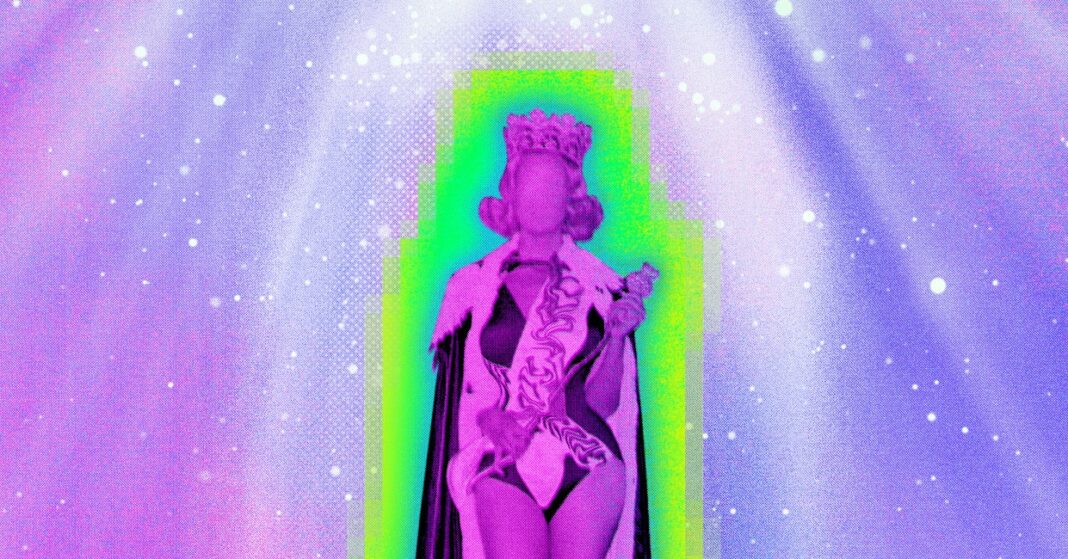In Short:
Fanvue’s AI beauty pageant features contestants created by their creators with traditional beauty standards in mind, such as thin bodies and light skin. Winners will be chosen based on social media influence and prompt usage. The narrow representation of beauty in AI-generated images reflects societal norms. This raises questions about the perpetuation of unrealistic beauty standards and the impact on people who do not fit these ideals.
AI Pageants: Judging Beauty Beyond Appearance
Fanvue’s contestant for the World AI Creator Awards are creations of their developers, drawing on stereotypes of beauty. The criteria for beauty in AI differ from traditional standards, allowing for unique interpretations.
Fanvue’s contest, akin to human beauty pageants, emphasizes factors beyond physical appearance. Contestants are evaluated based on “social media clout” and creators’ ability to use prompts effectively. Winners will be declared later this month.
Creative Evolution of AI Beauty
Berat Gungor, a creator of Seren Ay, highlights the impossibility of creating an “ugly face” in AI. While acknowledging the subjectivity of human perception, skilled teams like Gungor’s can craft visually appealing models, selecting the most realistic ones from a large pool.
Fanvue’s selection of predominantly slender, conventionally beautiful finalists aligns with findings from the Washington Post. The study revealed a narrow representation of attractiveness in AI-generated images, emphasizing youth and specific physical features.
The influence of societal norms on AI aesthetics is evident, as Sandhini Agarwal from OpenAI noted how media portrayals of beauty permeate AI creations.
As AI perpetuates idealized standards of beauty, questions arise about inclusivity and representation for individuals diverging from mainstream norms.





